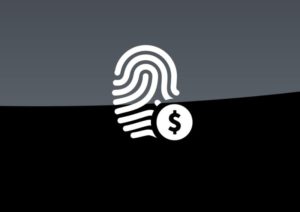
UK bank NatWest announced last week that it is beginning a trial, which will involve 250 customers and last for 3 months, of a biometric-enabled key fob that uses an individual’s fingerprint to make contactless payments.
“After the successful pilot of our biometric debit card we are looking at how we can further develop the technology and push the boundaries to integrate it into our customers’ everyday lives,” said David Crawford, head of NatWest Effortless Payments.
The three-month pilot sees NatWest working closely Visa and Giesecke+Devrient Mobile Security to eventually bring the service to customers across the U.K.
“Our research tells us that people have a strong interest in biometric technologies which can make their lives easier as well as increasing the security of their payments,” Jeni Mundy, managing director, UK & Ireland, at Visa, said in a statement. “At Visa we are constantly looking for ways to innovate with our partners to give consumers greater choices in how they pay,” she added.
The fobs, which are no bigger than a standard keyring, work with all existing Chip and PIN terminals and feature a fingerprint reader to identify the customer and allow them to make purchases of up to £100 (about $130) .
Users activate the fob by uploading their fingerprint and registering their account via their mobile device. If the fob were ever to be lost or stolen, it can be locked remotely, though its biometric features are meant to ensure that only the registered customer can use it to make a payment; and the biometric data used by the fob is encrypted and never shared with any third party, including the stores where the transactions are made and the bank itself.
The fingerprint-enabled key fob is NatWest’s latest trial project involving biometric payment technologies. Earlier this year, it conducted a trial of the use of biometric payment cards, which feature an embedded fingerprint sensor to allow user authentication during contactless payments.
NatWest’s biometric payment card and key fob initiatives are a sign of a growing trend in the U.K., where the use of contactless payments rose 31% between 2017 and 2018 to 7.4 billion interactions nationally.

Follow Us